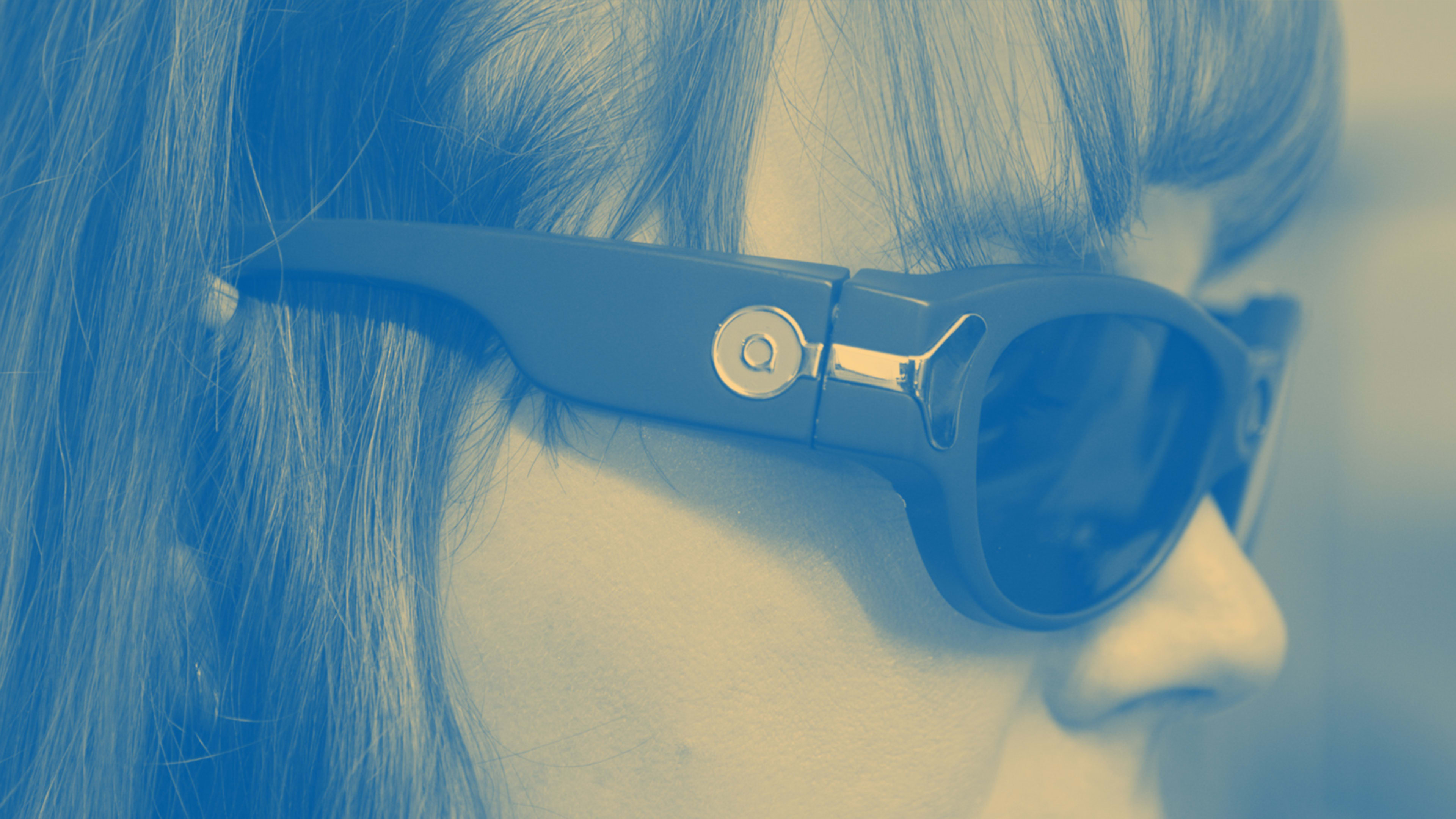Greg Stilson walks over to the laundry machine in his home in Madison, Wisconsin and places his fingers on the row of buttons at the front. Through a speaker attached to the glasses he’s wearing, Wendell Hennessey, who’s sitting in his home in Colorado but can see what Stilson is looking at through the glasses, reads out what the buttons say. “Starting at the left, you’ve got spin-speed, next is soil level, then next is washer temperature…” As Hennessey reads out the buttons, Stilson moves his hand over them. Together, they determine what he needs to press to wash a load of colorful clothes, and he sets the machine spinning.
Stilson is blind, and he’s also the head of product management for Aira, the technology he uses to navigate situations in his daily life, like doing laundry. “We believe that for visually impaired people, it’s not lack of sight that’s a problem, but it’s a lack of access to visual information,” Stilson says. Aira closes that information gap. Either through glasses equipped with a high-definition camera and a speaker, or a mobile phone application, Aira users can send a live stream of what’s happening around them to an “agent,” who will look at the footage and relay that information to them. Aira was one of the winners of Fast Company’s 2019 World Changing Ideas Awards, in both the Apps and General Excellence categories.
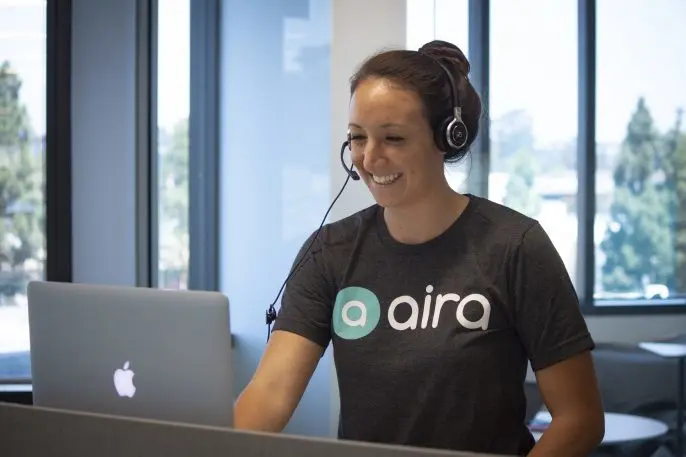
Anytime Aira users–who the company calls “explorers”– places a call, an agent will pick up in 20 seconds or less and help them with whatever they need, whether it be reading a menu that’s not translated into Braille, or walking through an airport to find something to eat or buy before heading to their gate. Before last year, Aira used Google Glass and Bluetooth for its glasses, but in 2018, it rolled out its custom glasses, called Horizon, which have a longer battery life and offer users a more streamlined way to connect to assistance. To date, Aira has raised over $15 million in three rounds of funding. The National Federation of the Blind joined as a strategic investor for the latest round in 2017, marking just the second time in the nonprofit’s 80-year history that it put money behind any new innovations for the blind (the first was in the 1970s when it invested in reading machines that translate text to speech).
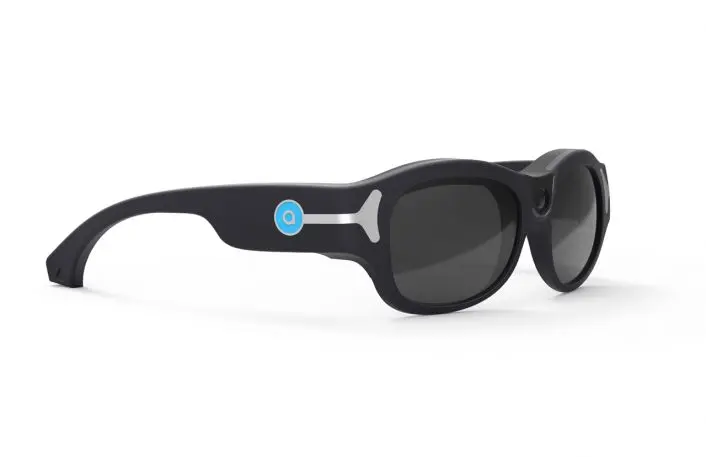
For users, access to Aira can be transformative. Anirudh Koul, Aira’s head of AI and research, says the team has heard from people for whom the technology has enabled them to do everything from simply taking a walk in their neighborhood by themselves for the first time to hiking in the wilderness to running marathons. Only around 53% of blind or low-vision students make it from freshman to sophomore year of college; data from the past year of 100 students using Aira shows that the technology brings that proportion up to 92%. Aira similarly helps ease access to the mainstream workplace for visually impaired people. Currently, around 70% of low-vision people are not employed full-time; Aira’s mission is to lower that figure down to 7%.
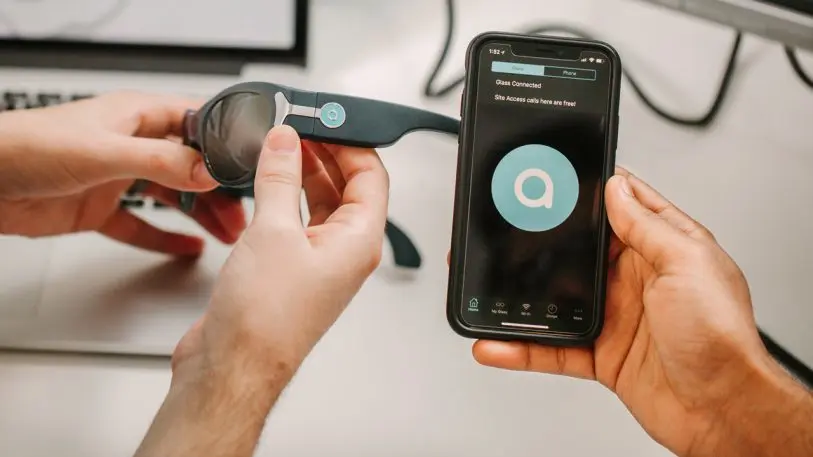
Even though it costs, on average, a dollar a minute for a person to purchase and use Aira for their individual use, more and more organizations are starting to offer the technology for free. Aira works directly with a growing number of businesses under their Access Network program, which enables Aira explorers to use the service for free in certain areas. If a user walks into a Smithsonian museum, a Walgreens, or an airport like Hartsfield-Jackson in Atlanta, for instance, they can use Aira unlimited and free of charge. Koul hopes to expand the technology’s Access Network to make as many places as possible free and accessible.
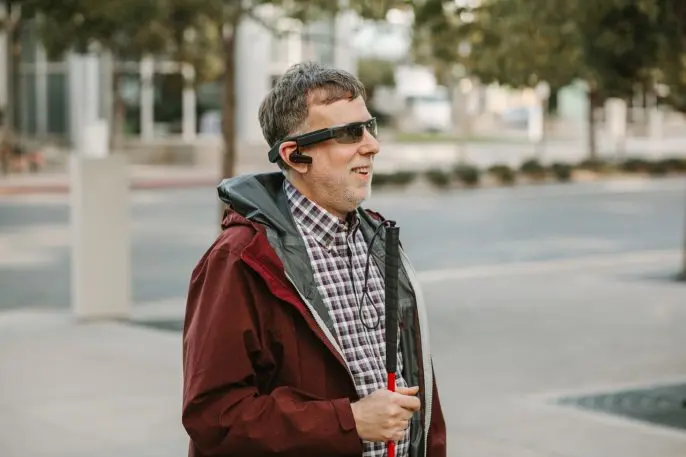
For now, Aira’s userbase numbers in the thousands, and there are a few hundred agents who answer calls as a part-time job for $15 an hour. To become an agent, people apply and go through an initial screening, after which Aira accepts less than 1% of applicants. “We like to joke that it’s harder to become an Aira agent than it is to get into Harvard,” Stilson says. New agents then go through a 30-day bootcamp, where they’re trained in picking out and translating the necessary details of a scene for a visually impaired person and how to work efficiently yet kindly when fielding a call from an Aira explorer.
Read more: World Changing Ideas 2019: 17 winning solutions that could save the planet
For agents like Hennessey, working for Aira means playing an active role in people’s everyday lives in a way that’s been unexpectedly meaningful. He often takes calls in the morning, and often narrates along as a father walks his daughter to the school bus station, and then back home. As an Air Force veteran, Hennessey relates especially well to Aira’s veteran users, who make up a significant portion of the technology’s user base. Aside from the service Aira delivers to people who are visually impaired, the company also confirms the vital role of human interaction, even around cutting-edge innovations. “Our agents are what makes our service what it is,” Stilson says. “Our technology really just enables interaction.”
Recognize your brand’s excellence by applying to this year’s Brands That Matter Awards before the early-rate deadline, May 3.
